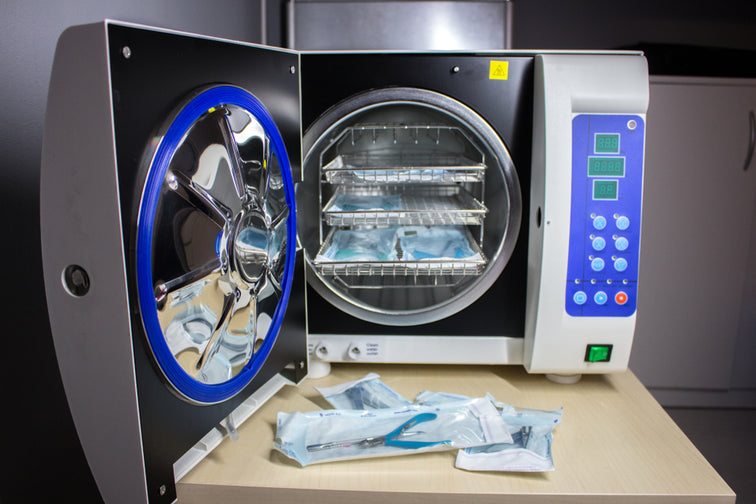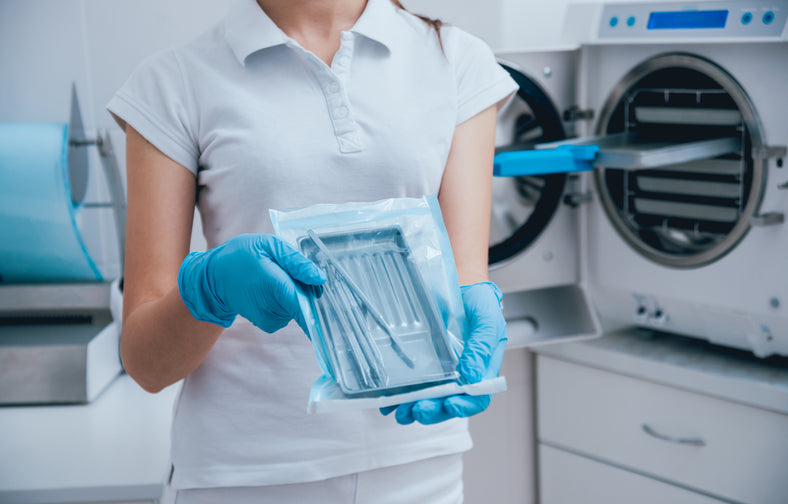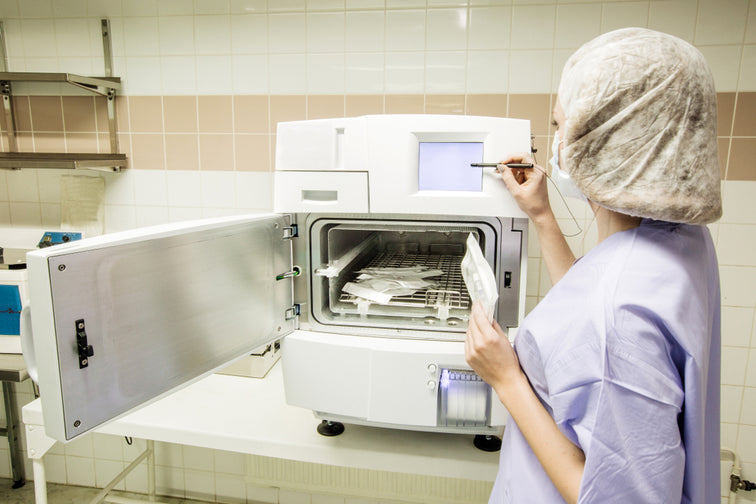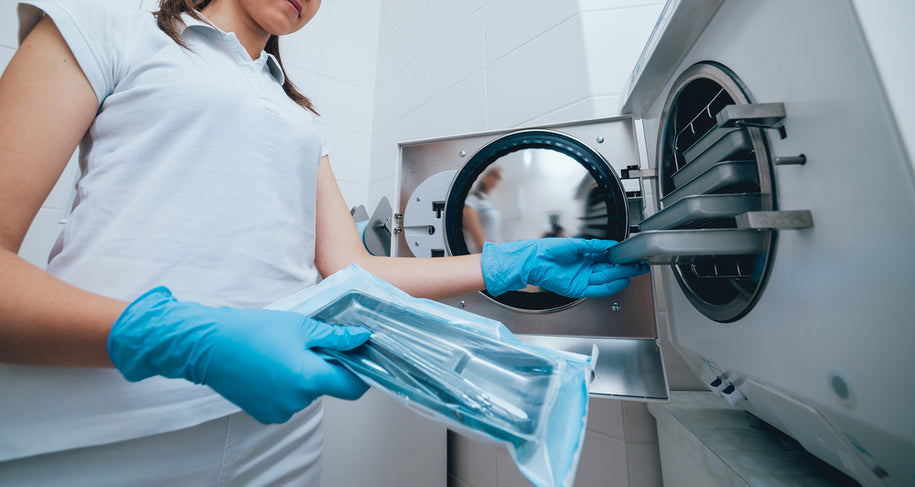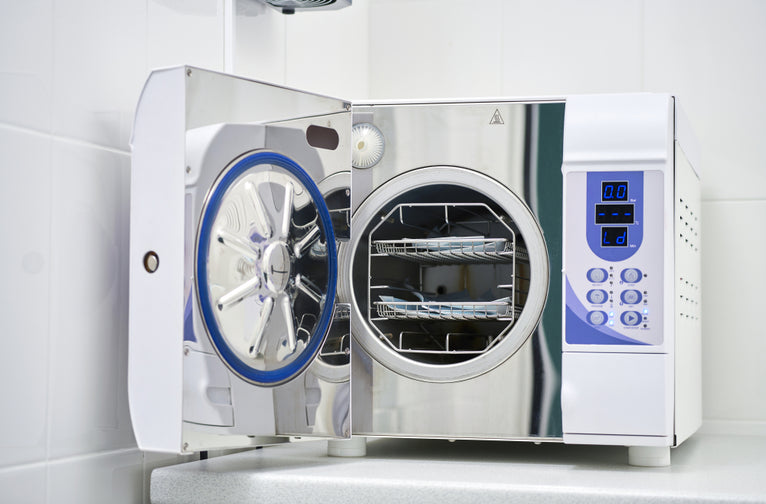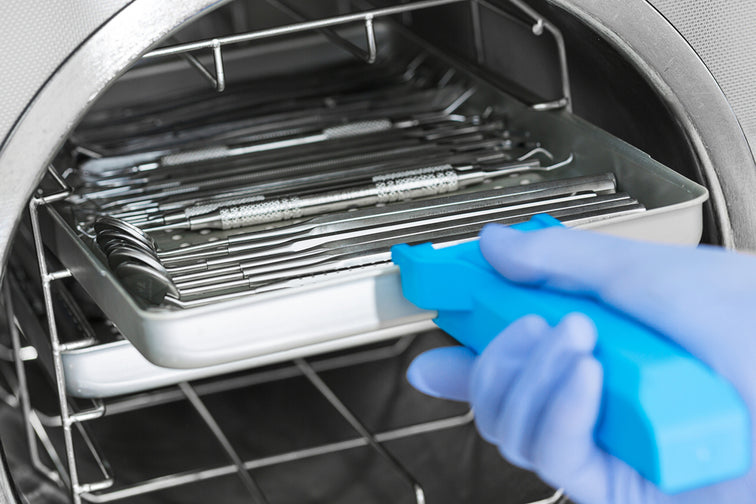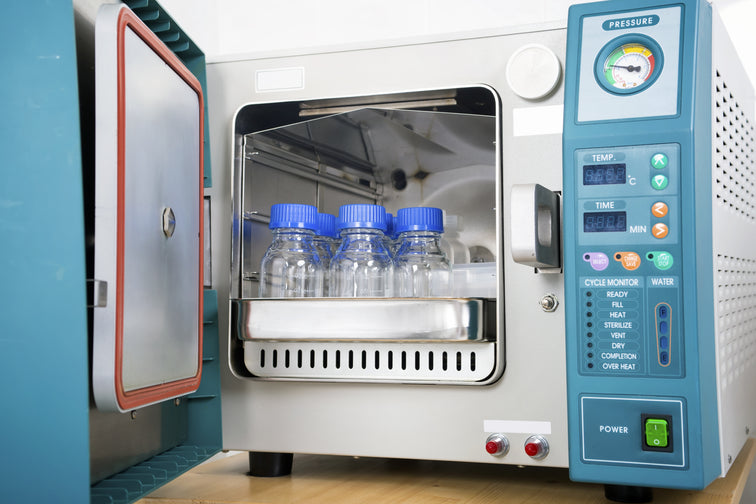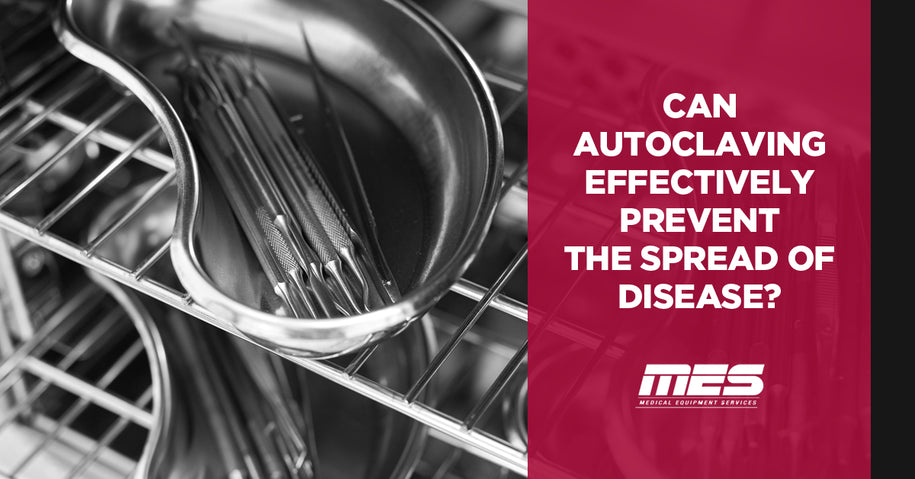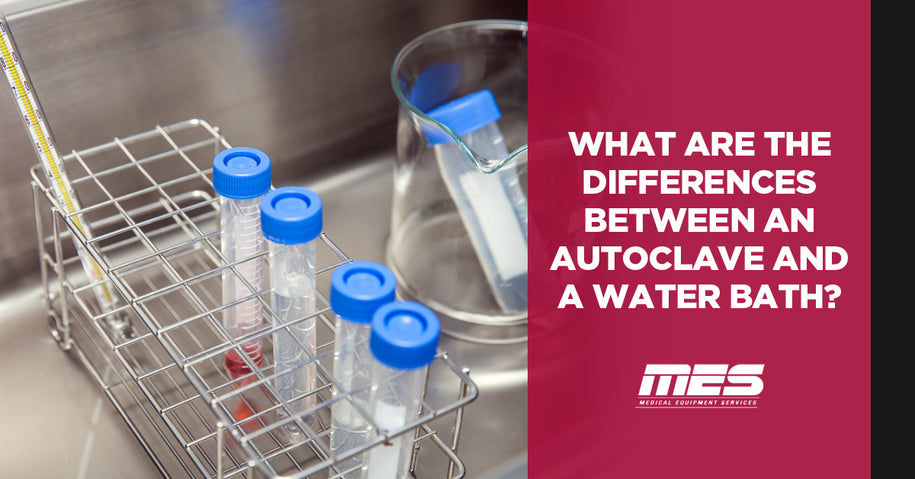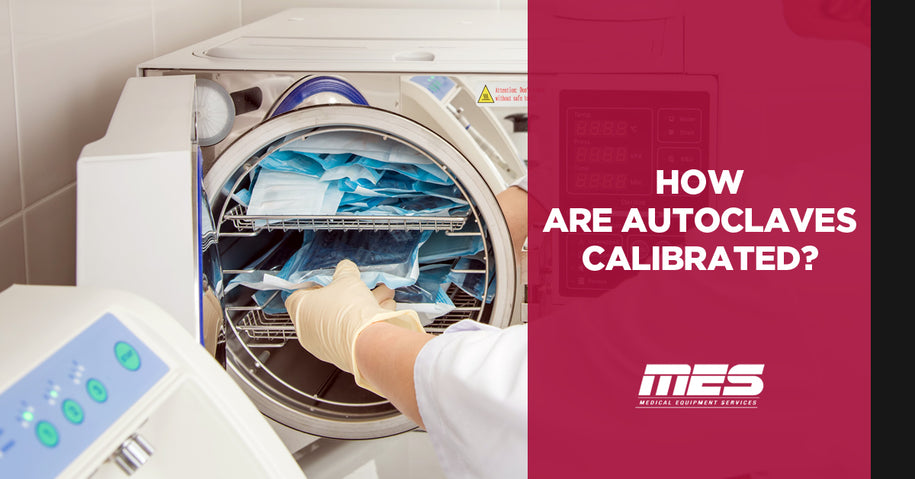A Guide to Testing Autoclave Heating Elements
How do you test the heating elements on an autoclave to ensure they are working properly? Please read below to find out more. For an autoclave to do its job properly it must reach the correct temperature. This means that it is important to properly test the autoclave heating element to ensure that it is working correctly. Continuity is Not Enough The most basic heating element test is to confirm that the element is showing continuity. This will at least reassure you that the element functions. However, continuity just means that there are no breaks in the wiring. A 'functioning'...

